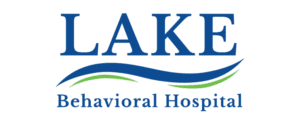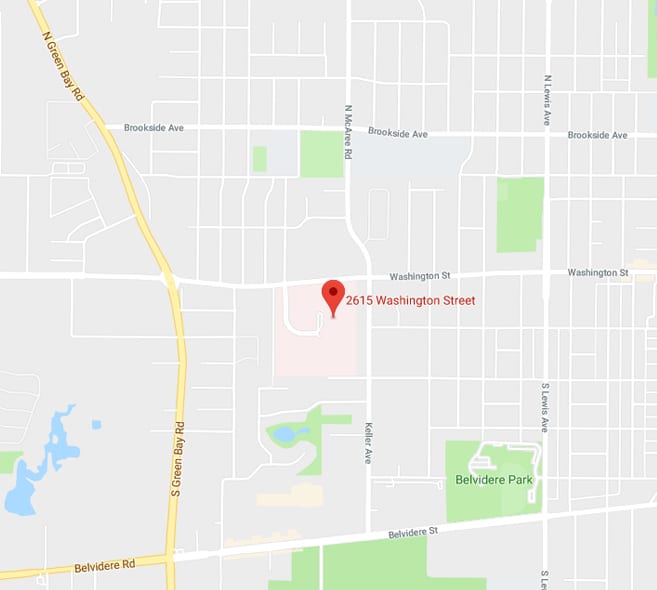National Depression Awareness Day – October 5th, 2023
According to the National Alliance on Mental Illness (NAMI) nearly 16 million adults in the US have had at least one major depressive episode in the past year. In addition, 4 million youth will experience depression. You have probably also heard NAMI tell us that 1 in 5 of us will have a lived experience of depression, anxiety or another mental illness. Depression, however, is the most common of all mental illnesses and is often co-occurring with other mental health disorders like substance addiction or anxiety. Have you ever been concerned about your well-being and whether depression is really what is going on with the way that you feel?
Any of these, or a combination of these, can mean depression:
- Feeling down, disconnected; unable to focus
- Having difficulty having a restful sleep
- Frequent sadness, or anxiety, feelings of emptiness or general moodiness
- Feelings of guilt or pessimism
- Irritability and anger
- Feelings of frustration and restlessness
- Frequent tearfulness
- Isolation
- Overeating or undereating
- Feelings of hopelessness, helplessness or worthlessness
- Loss of interest in many areas of your life
Any of us can become depressed. Life is stressful. A variety of things can make us feel depressed in the moment and some occurrences can make us depressed over long periods of time. Trauma, death or other losses, financial worries, addiction or loneliness can trigger depressive thoughts and isolation. Some medical conditions and medications can cause depression, as well. Depression can be an issue within the brain and mood regulation can become difficult and some of us, even, are predisposed to depression as a family trait.
Regardless of its causes, if you are unable to bounce back from an adverse experience and your feelings seem like more than just an “off day”, maybe an assessment for depression or other mental health conditions will help you understand what is going on with you. Because depression, over time, can lead to feelings of hopelessness, helplessness and worthlessness, suicide as a crisis within depression can be a worry. Don’t hesitate even if you have fleeting thoughts of ending your life. Call 911, get to an emergency room at your local hospital or call the caring professionals at Lake Behavioral Hospital. Allow our Assessment and Referral team to provide a free, confidential assessment to determine the level of care that is just right for you. One call to (855) 990-1900 will put you in contact with qualified mental health professionals who are ready to help.



